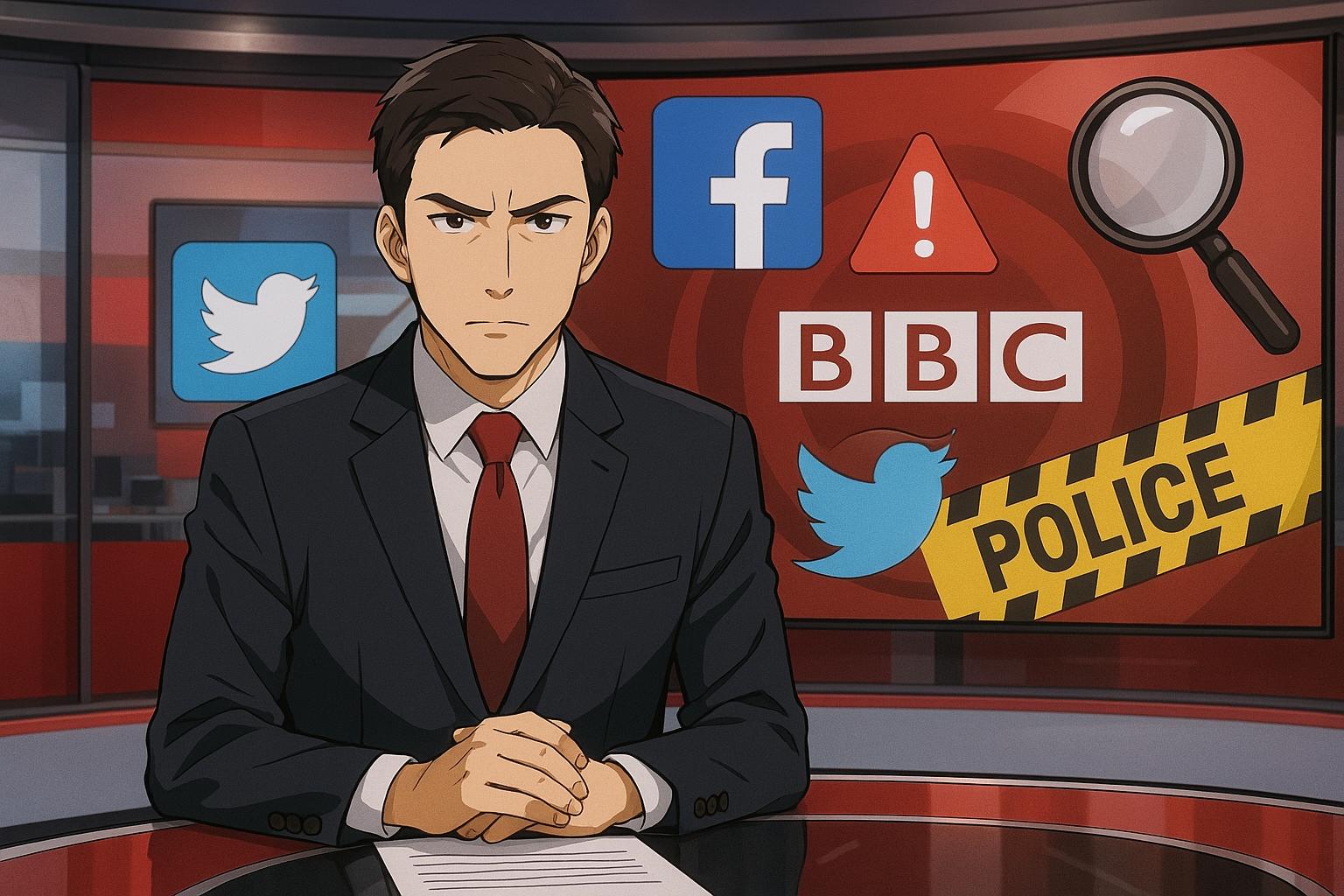The Metropolitan Police are currently assessing whether to initiate an investigation into a controversial social media post by Gary Lineker, the renowned BBC presenter. Complaints regarding the post, which included imagery deemed offensive and referenced Zionism, led to his early exit from the BBC, a network he has been a prominent figure at since 1999.
In a statement, the police confirmed they had received multiple reports from the public regarding Lineker's post, indicating that decisions on any potential action will be made following an evaluation of the complaints. At this stage, the police have clarified that there is no formal investigation underway. Meanwhile, Lineker, aged 64, issued an unreserved apology for the post, referring to it as a "genuine mistake." He expressed regret for the "hurt and upset" caused, acknowledging that he should have exercised more caution.
The incident has not only affected Lineker's career but has also raised concerns at the highest levels of government. A spokesperson for Prime Minister Rishi Sunak labelled Lineker's post "completely unacceptable," underscoring the importance of maintaining high standards within the BBC. This sentiment is echoed by Andrew Gilbert, vice president of the Board of Deputies of British Jews, who praised the decision for Lineker to step down and emphasised the urgent need for antisemitism training for BBC staff.
This is not the first time Lineker's presence at the BBC has been called into question. He faced suspension earlier in 2023 over criticism directed at the government’s asylum policy, which was interpreted by some as a breach of the BBC's impartiality standards. The ongoing scrutiny of his social media activities has triggered broader conversations about freedom of expression and the responsibilities of public figures, particularly in politically charged environments.
Moreover, the BBC is reportedly conducting its own inquiries related to the social media post and has been in contact with affected individuals. This review comes at a time when the corporation is establishing new guidelines concerning its staff's social media conduct, aiming to clarify the boundaries between personal expression and professional responsibilities. The director-general of the BBC, Tim Davie, has been vocal about the need for the organisation to ensure its presenters adhere to rigorous standards, particularly in light of the backlash arising from Lineker's social media presence.
In light of these events, the debate surrounding the balance between freedom of speech and the BBC's editorial impartiality continues to evolve. There are both defenders and critics of the actions taken against Lineker, reflecting a wider societal discourse on these pivotal issues. Such controversies have led to calls within the BBC for enhanced dialogue and support mechanisms, particularly for Jewish and Muslim staff, as the organisation grapples with the impact of the ongoing Israel-Hamas conflict on its reputation and workforce.
Through this saga, Lineker’s situation has become emblematic of the complex interplay between celebrity influence, public accountability, and institutional standards within media. As the assessments by the Metropolitan Police proceed, the next steps for both Lineker and the BBC will undoubtedly shape the future of broadcasting standards and practices in the UK.
Reference Map
- Paragraph 1: Sources [1], [2]
- Paragraph 2: Source [3]
- Paragraph 3: Sources [2], [4]
- Paragraph 4: Sources [5], [6]
- Paragraph 5: Source [7]
Source: Noah Wire Services
